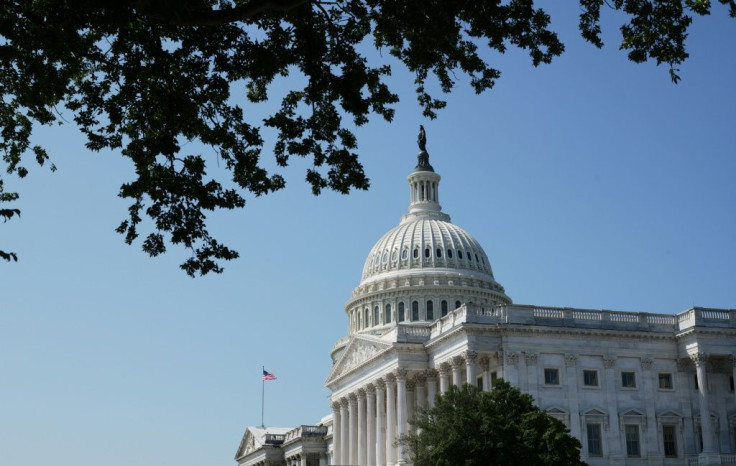Vast Infrastructure Bill Overcomes Key Hurdle In US Senate
A vast new investment plan aimed at modernizing America's infrastructure overcame a key legislative hurdle in the US Senate on Sunday, with legislation described as "historic" by President Joe Biden now almost certain to become law.
The bill, months in the making, calls for $550 billion in new federal spending on the nation's aging infrastructure, including funds to slow the effects of climate change.
The total $1.2 trillion price tag -- equal to the annual economic output of Spain -- includes some funds previously approved but not yet spent.
Sunday evening saw the bill largely overcome several procedural votes in the Senate, with the slim Democratic majority bolstered by support from over a third of Republicans.
It now goes to a final vote, with lawmakers primed to approve it as early as Monday if an agreement can be reached.
But while there is now little doubt that the Senate will approve the almost 2700-page text, its future is less certain in the House of Representatives, where left-wing and centrist factions have clashed over the size of the spending.
Biden, a 36-year veteran of Senate maneuvering, has followed the bill's progress closely, and White House officials have said he would not hesitate to phone wavering senators if needed.

Making a last-minute plea for passage, Biden tweeted Saturday that the bill represented a "historic, once-in-a-generation investment in our nation's infrastructure."
"We can't afford not to do it," he added.
A rare alliance between Democratic and Republican supporters of the law has helped speed up the passage of the bill in the Senate, where legislative work has for years been stymied by bipartisan obstruction.
But their efforts were stalled by opposition from Republican Senator Bill Hagerty, a former ambassador to Japan under the administration of ex-President Donald Trump, who over the weekend warned GOP lawmakers they could face primary challenges if they support the legislation.
This did not stop eighteen of them -- including influential top Republican Mitch McConnell -- from agreeing Sunday to send the text to a final vote.
The Congressional Budget Office (CBO) has estimated that the plan will add $256 billion to the deficit between 2021 and 2031, figures that have stoked Republican opposition to the law.
The bill's defenders stress that the CBO cannot formally factor in all additional savings and revenues the bill will bring in, which will cover the cost of these measures.
© Copyright AFP 2024. All rights reserved.







